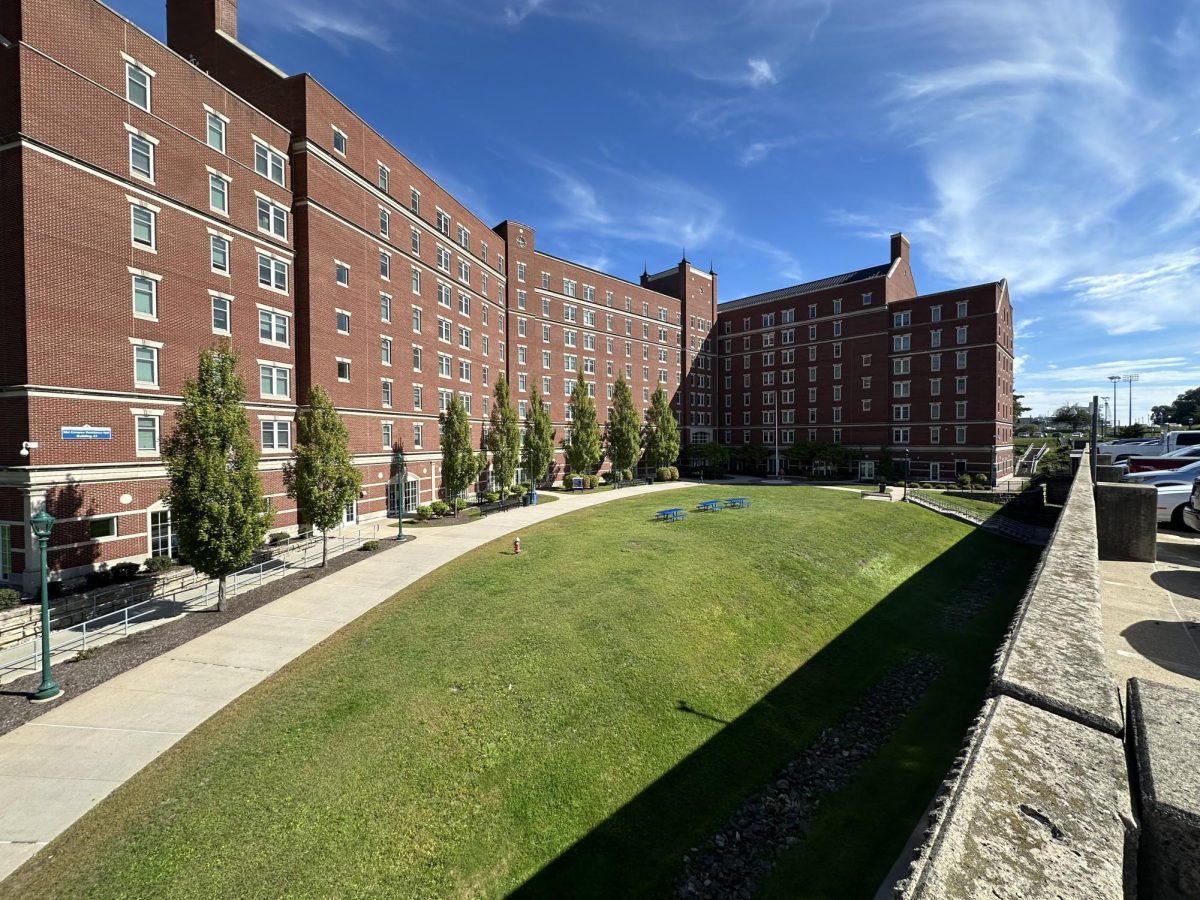 By Matt Kiernan
By Matt Kiernan
Some universities in the country have been facing the spread of the H1N1 virus causing students to be housed in buildings away from the rest of the campus population, but while CCSU is preparing for the virus it is yet to have an outbreak.
“I think we’re getting more flu season and influenza-like illnesses rather than anything more serious,” said Medical Director of Health Services Dr. Christopher Diamond.
Students who come into Health Services for medical care have been showing signs of fevers and sicknesses that include the common cold, but nothing out of the ordinary. The increase of people getting sick during the fall season is common and expected.
“I’d rather be accused of being over-prepared for something than be accused of not being prepared,” said Diamond.
A part of the building Welte where the music department is located has been looked at by the university as a possibility for housing students who become ill with the H1N1 virus, but no attempts have been made at turning it into a housing center.
“We wanted to create a space where students could be comfortable, have a separate bathroom, entrance and exit and feel secure where they’re staying,” said Diamond.
While looking at Welte as a place to house students, other places around campus have been looked at such as a mobile living area behind the police station. The school has yet to designate where they would house students if an outbreak were to occur.
Dr. Diamond commended faculty and staff on the campus for their attempts at avoiding spreading their sicknesses if they contract a cold or flu and realizes its common courtesy for people to try to not get others sick.
The Center for Disease Control and Prevention listed the four ways to prevent catching the flu by making sure to wash your hands, cover your mouth and nose when you sneeze or cough with a tissue, stay at home when you’re sick and to talk to your health care provider to get a vaccine.
“We need to ask people to self-isolate if they have the flu,” said Diamond.
Diamond said that while the campus doesn’t want students to spread their sicknesses to others, they still have the right to not be forced into isolation, reinforcing the fact that if the school created a housing center for students with the flu, it would not be a quarantine center.
“The main thing to do if possible is to go home until the person feels better,” said President Jack Miller.
Miller realizes that not all students who could contract H1N1 would live close to campus, including international students or those from distant states. If a student needed separate housing while being sick with the virus, the school would accommodate them for their needs.
“Obviously flu season will be something to contend with but I don’t think anyone will know how bad it will be until the time comes,” said Miller.
The first vaccines for H1N1 are expected on Oct. 5.



admin • Sep 28, 2009 at 8:27 pm
It’s late. Thanks.